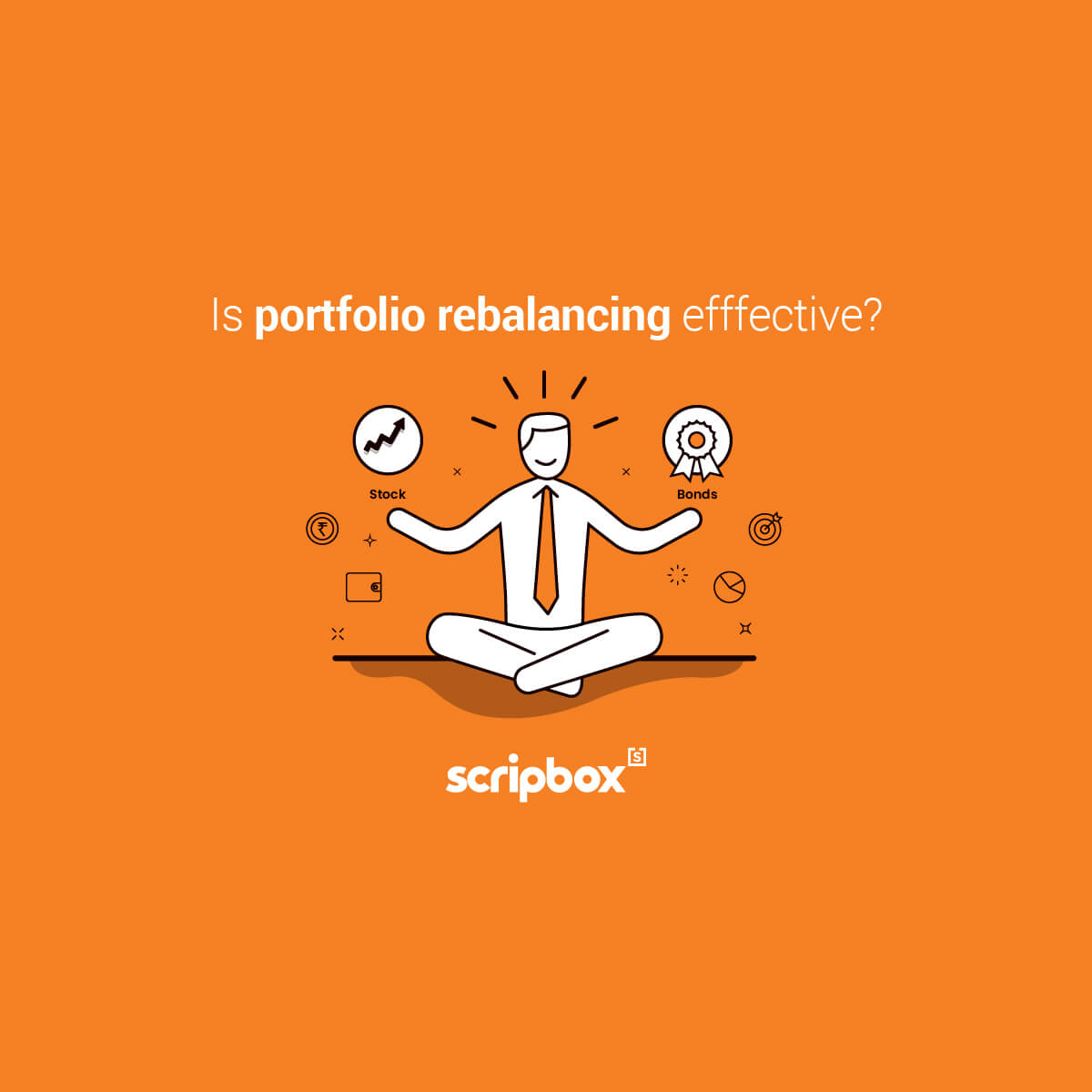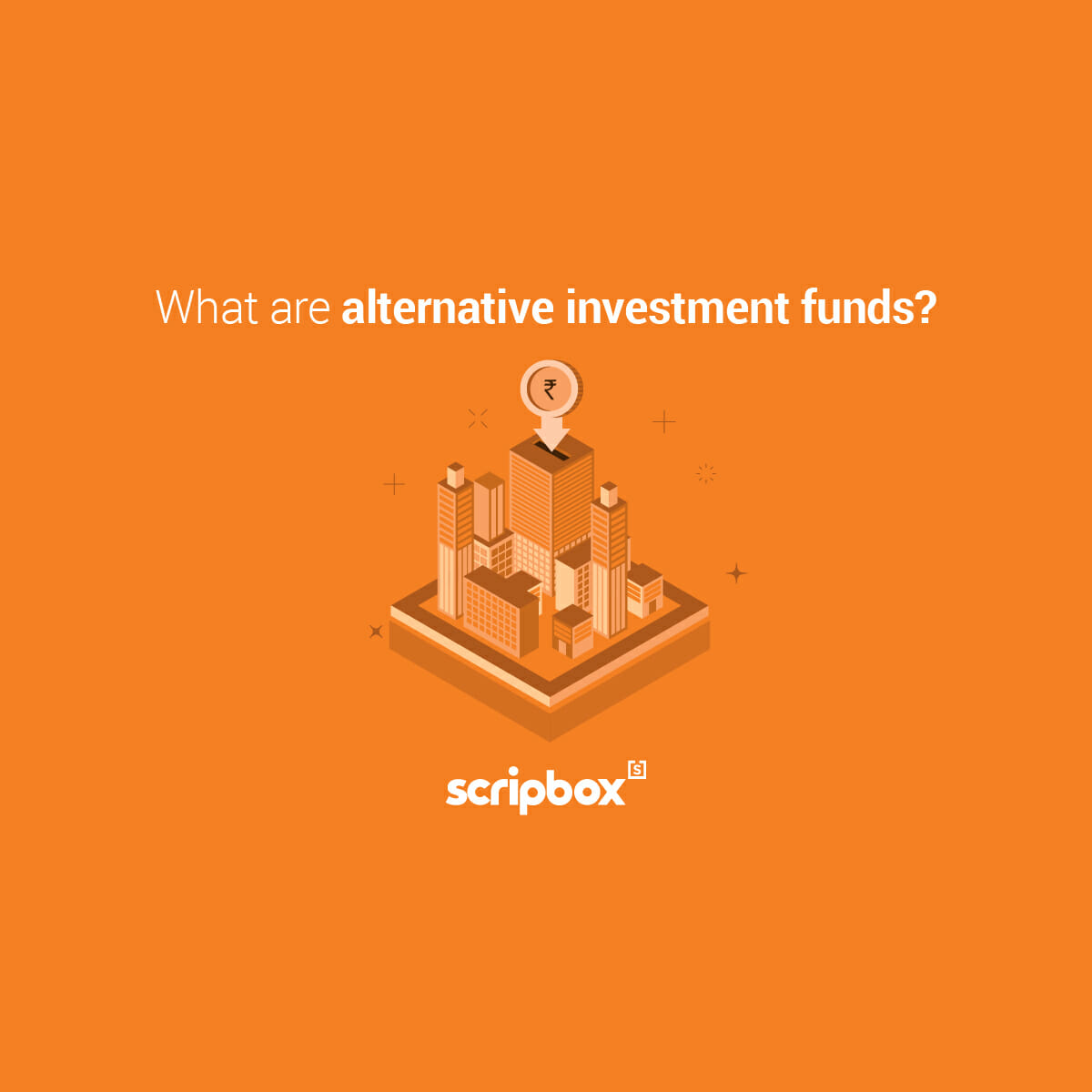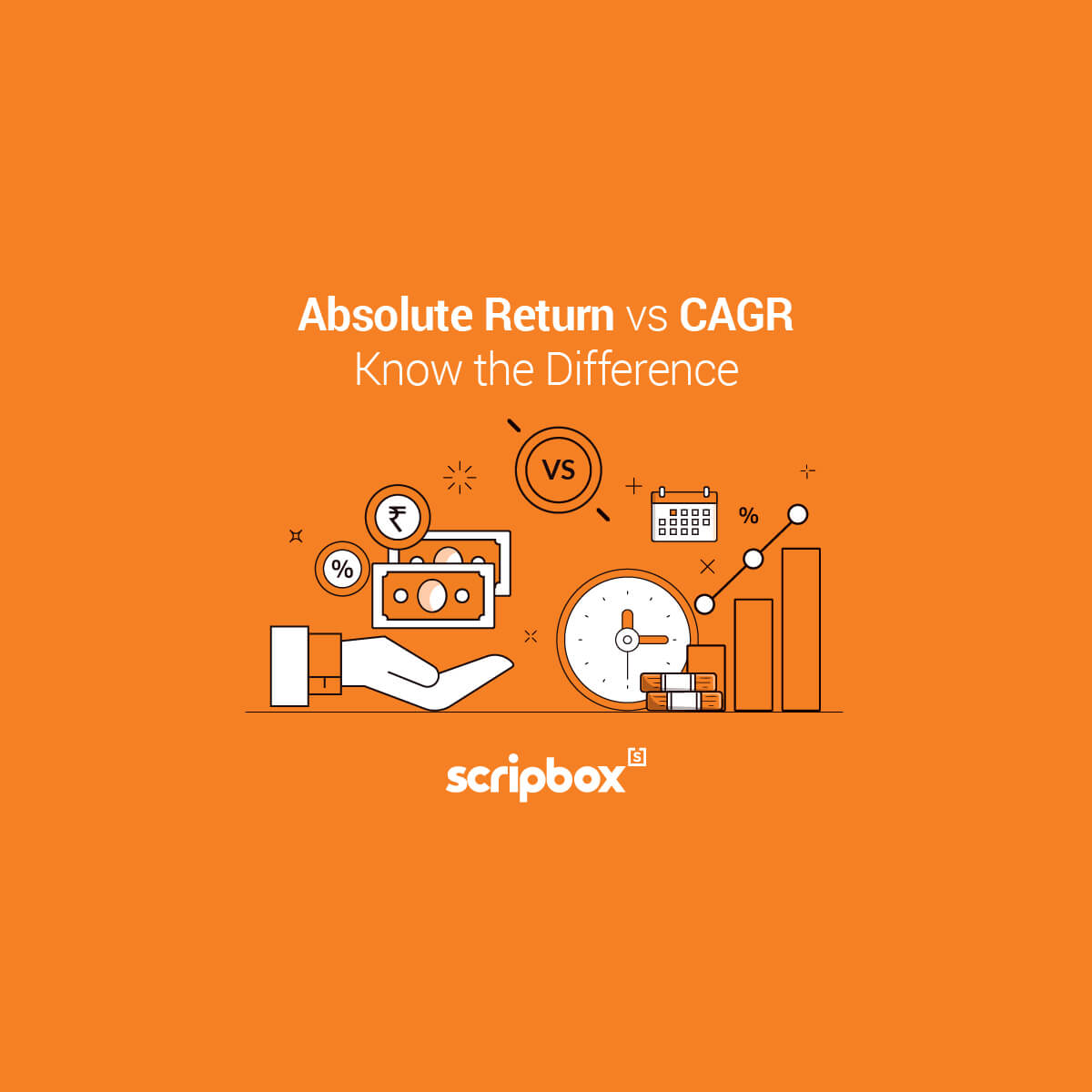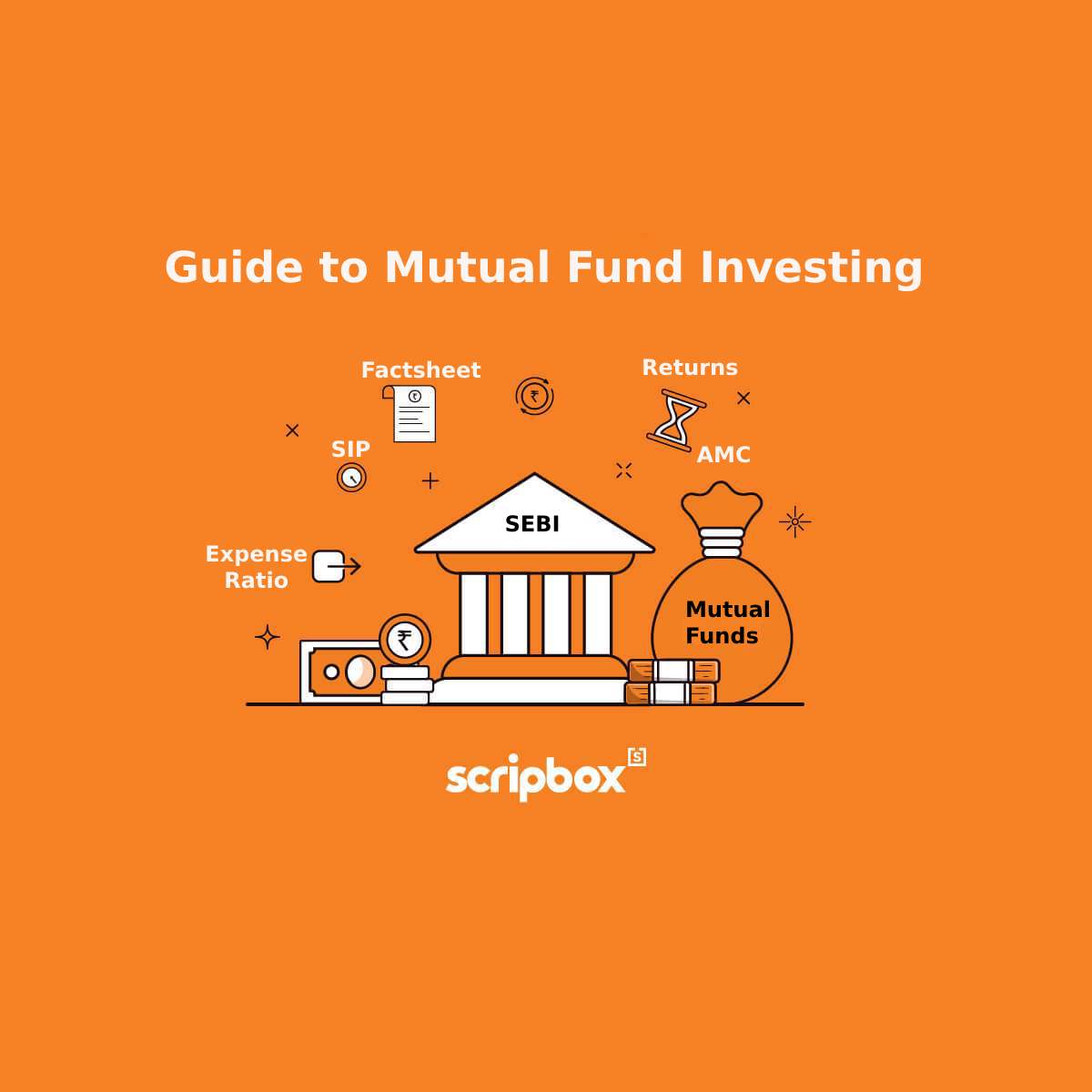On 6th November 2020, the market regulator Securities and Exchange Board of India (SEBI) introduced a new category of multi-cap funds – Flexi Cap Funds. As per the announcement, minimum investment in equity and equity-related instruments have to be 65% of total assets.
What is Flexi Cap Fund?
Flexi-cap funds are a type of equity mutual fund that invest in a diversified portfolio of equity and equity-related securities across market capitalizations. Unlike other equity mutual funds that focus on specific market caps, flexi-cap funds have the flexibility to invest across the entire market spectrum. This allows them to adapt to changing market trends and optimize returns for investors.
These types of funds have the flexibility to go dynamically overweight/ underweight depending on the security’s attractiveness. Flexi Cap funds must invest at least 65% of the corpus in equities. These fund schemes are open-ended dynamic equity schemes investing across large-cap, mid-cap, and small-cap stocks.
The fund managers of the Flexi cap category are able to invest in all companies without concerns about their size. They can take advantage of high-growth stocks and small growing businesses with strong balance sheets. The managers look for potential earnings along with attractive return ratios and cash flows. Despite changes in the classification of stocks, the fund manager’s decision remains unchanged. They stick by their conviction bets made for long-term benefits from investing based on fundamentals rather than short-term gains.
Explore: Best Flexi Cap Funds to Invest in 2026
Who Should Invest in Flexi Cap Funds?
The Flexi cap mutual fund is a great choice for investors who have moderate to high-risk appetites. But the investors must have an investment horizon of at least five years. The small caps in this type of portfolio can be more volatile, which increases the risk on your portfolio. However, large companies are able to balance some of that volatility and provide stability by balancing out these risks.
Most Searched Flexi Cap Mutual Funds
- Quant Flexi Cap Fund (G)
- Parag Parikh Flexi Cap fund (G)
- HDFC Flexi Cap Fund (G)
- UTI Flexi Cap Fund (G)
- Aditya Birla Sun Life Flexi Cap Fund (G)
Things to Keep in Mind Before Investing in Flexi Cap Mutual Funds
Flexi Cap Mutual Funds sound lucrative to investors considering a diversified investment portfolio across different market caps. But, investors must consider the following things when investing in them.
Investment risks
Like other equity funds, flexi-cap funds are also prone to risks that come with the market. Since they invest across market caps, the risk is well diversified. The large-cap exposure will ensure some stability to the portfolio, while mid and small-cap companies will offer high growth potential. Large-cap companies are more or less stable and are comparatively less volatile than mid and small-cap companies.
Expense Ratio
Flexi Cap mutual funds come with an expense like all other equity funds. This is the expense ratio of a fund and it ensures your investment is well-managed. A lower expense ratio means you get higher take-home profits. Flexi-cap equity funds charge a fee as the fund manager manages your investment. The expense ratio appears as a percentage of the average asset under management (AUM). This reflects on the operating efficiency of the fund. As per the mandate by SEBI, the upper limit of the expense ratio is 2.50%.
Investment Horizon
You can get the best returns from flexi-cap equity funds if you invest for the long term. It is recommended to remain invested in these funds for at least five years. This would help you realize the potential of returns on your investment.
Tax on Capital Gains
Flexi-cap funds are treated as equity funds for tax purposes. Long-term capital gains (where the investment holding period is more than one year) of up to INR 1 lakh are tax-free, and gains above that are taxed at 10% without indexation. On the other hand, if the investment is held for less than one year, the short-term capital gains are taxed at 15%. This makes them an attractive investment option for investors looking to minimize their tax liability.
Financial Goals
Flexi-cap equity funds are ideal for achieving long-term goals. As an investor, you can take advantage of the diversified portfolio to achieve their goals in the long term. These funds are ideal for accumulating wealth to achieve goals. You can invest in these funds for planning expenses such as higher education of kids, the marriage of children, and retirement.
Difference Between Flexi Cap and Multi-Cap Mutual Fund
| Particulars | Flexi Cap Fund | Multi-Cap Fund |
| Exposure to Equity. | Minimum 65%. | Minimum 75%. |
| Market Cap Allocation. | There is no mandate. You are free to invest across market caps. | 25% minimum to each category i.e. large-cap, mid-cap, and small-cap stocks. |
| Discretion of Fund manager. | The fund manager is free to choose from across market capitalization and stocks. | The fund manager is only free to choose the stocks from the given market cap. |
Difference Between Flexi Cap Funds vs Multi-Cap Funds?
Key Differences
- The most important factors to consider in investing are your risk appetite and investment needs. You should also take into consideration the current asset allocation of your portfolio and align it with your target goal.
- Investing in multi-cap funds can help you get the best of both worlds. You will be able to invest in a variety of stocks. While large caps investments also provide some stability if your portfolio is on the more risky side.
- Flexi Cap Funds let you invest with confidence. You must rely on the fund manager’s skill when it comes to making good asset allocation decisions. Invest in Flexi caps of the manager who has a strong long-term track record of success.
Conclusion
SEBI’s very purpose of creating different mutual fund categories is to provide more clarity for investors. Each category offers a range of merits depending on your risk appetite, investment needs, and preferences. Multicap funds are suitable for those seeking steady growth over time. While Flexi caps can offer better returns in volatile markets. It generates returns when there may be an opportunity cost. Such instances include uncertainty about future market conditions due to geopolitical risks like trade wars or political instability. As always you should consult with your financial advisor before making any investment decisions. The above details however might help you make informed decisions based on your investment preferences.























Show comments